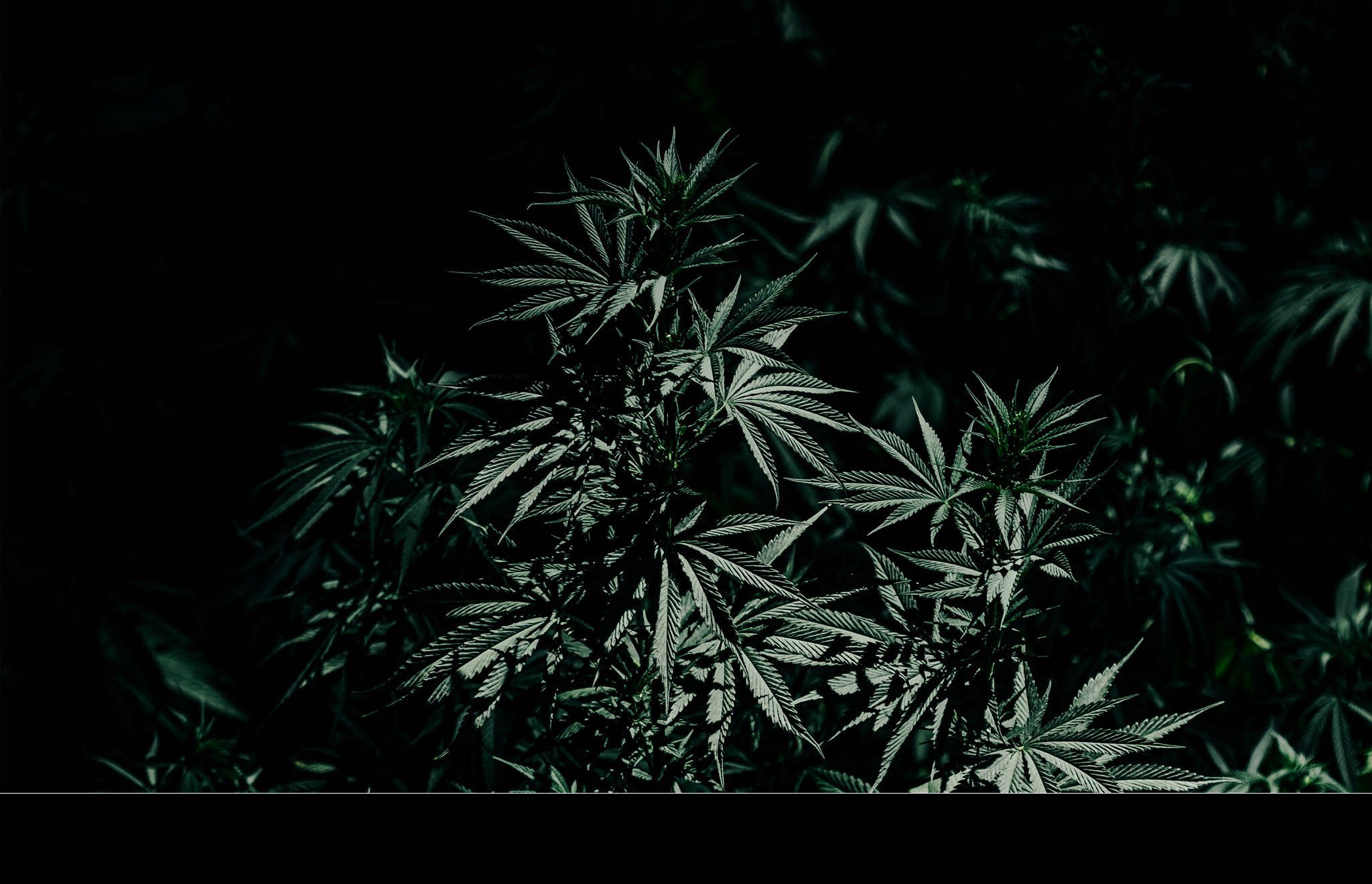International property rights for Cannabis landraces and terroir products. The case of Moroccan Cannabis and hashish.
International Journal of Drug Policy
Volume 129 (July 2024) 104479
https://doi.org/10.1016/j.drugpo.2024.104479
Published online on 13 June 2024.
Pierre-Arnaud Chouvy
Chargé de recherche au CNRS (Prodig)
CNRS Research Fellow (Prodig)
Abstract:
Background
In recent years, the cannabis industry has evolved from a world defined by the simplicity and ubiquity of illegality of recreational drug cannabis to a world marked by the legal and geographic complexity of ongoing depenalisation, decriminalisation, and legalisation processes. Within this landscape where drug Cannabis plants and their many derivatives see their legal status change, Cannabis cultigens and end products are increasingly likely to becoming subject to protection by intellectual property rights. This article delves into the implications of these changes for traditional Cannabis farmers, particularly in the Global South, as they face economic and legal threats amidst global legalisation efforts. It examines the potential role of appellations of origin in protecting local Cannabis cultigens and end products, focusing on Moroccan Cannabis and hashish as a case study.
Methods
The text resorts to the treaties and agreements regulating international property rights and plant variety protection, but also to the concepts of terroir and landrace and their definitions, in order to determine, by way of treaty interpretation and conceptual analysis, what type of legal and economic protections can apply to Cannabis landraces and terroir products. The analysis is also based on previous empirical research published by the author.
Results
The text argues that appellations of origin are the best intellectual property protections possible for landraces and terroir products because what needs to be protected is not innovation and individual ownership, but tradition and collective ownership, and because appellations of origin are suitable collective intellectual property rights. It shows that appellations of origin are best suited to protect terroir products and landraces because their originality and distinctiveness are place-based originality and distinctiveness.
Conclusion
The text concludes that appellations or origin offer the only existing intellectual property protection for preserving the distinctiveness of terroir cannabis products, and for landrace conservation. It acknowledges that neither appellations of origin nor existing plant variety protection laws can be legal forms of control of third parties’ uses of landraces but that appellations of origin can help protect terroir products and landraces by way of their associated agro-ecosystems.

